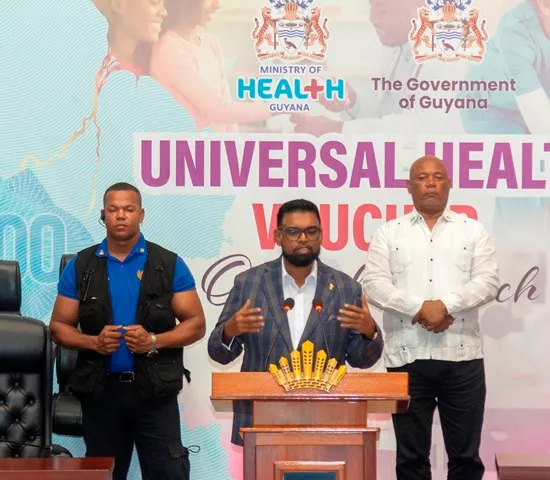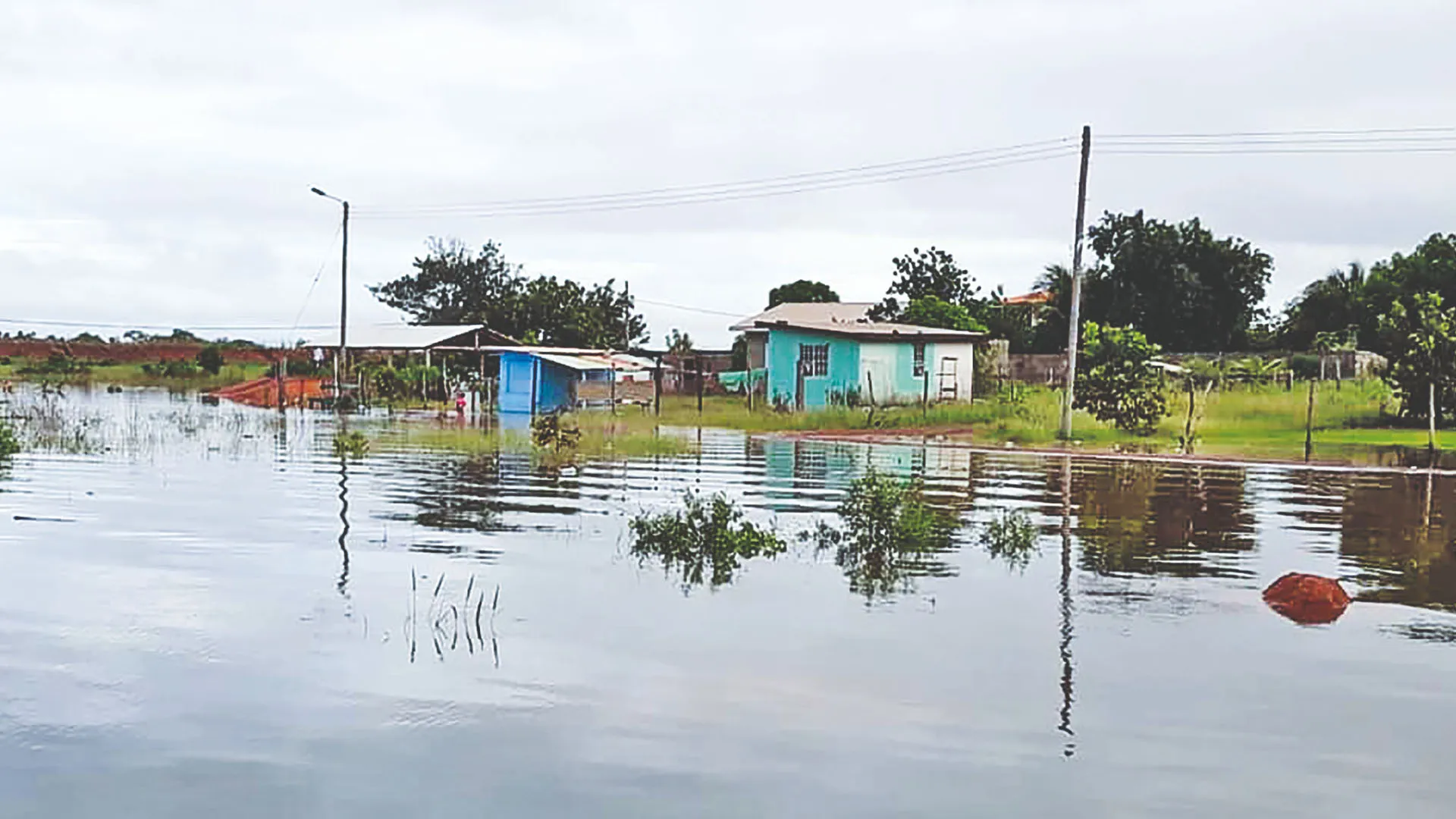Georgetown – A little over three years ago, Guyana emerged from a fraught election impasse that tested the very fabric of our democracy. Today, as we approach another general election, our nation stands at a crossroads – but also on firmer footing of unity and shared purpose than many would have imagined back in 2020. Credit for this belongs in large part to a governing philosophy that has prioritized inclusion over division. Branded the “One Guyana” initiative by President Irfaan Ali, this philosophy is more than a slogan – it is a conscious effort to bridge the ethnic and political divides that have long bedeviled our country. The embrace of One Guyana by citizens across the spectrum is slowly driving a new era of cooperation and social cohesion, and it offers the clearest path forward no matter who wins at the polls.
What does One Guyana mean in practice? For one, it has meant a government reaching across traditional partisan lines to deliver development for all regions and groups. Since August 2020, the administration has funneled unprecedented resources into Amerindian and hinterland communities, expanded opportunities for Afro-Guyanese entrepreneurs through small-business grants, and ensured Indo-Guyanese farming villages benefit from improved drainage, farm-to-market roads and other support. As one commentator noted, the One Guyana ethos “provides for all six races in all ten regions equally and equitably”, rather than favouring any one base. Skeptics may dismiss such talk as political rhetoric, but the evidence of inclusiveness is increasingly hard to ignore. The rollout of 50,000 house lots nationwide is one example – whether you live in Lethem, Linden or Leguan, chances are new housing schemes are rising near you. Another example is the free university education policy, which benefits every Guyanese student, cutting across class and ethnic lines. When citizens see tangible benefits in their lives, mistrust recedes and a sense of common nationhood grows.
This trend is reflected in an unexpected but heartening political shift: a stream of opposition figures, many from communities traditionally aligned with the PNC, have openly voiced support for the government’s agenda. In the past year, several notable Afro-Guyanese leaders – from former PNC youth activist Thandi McAllister to ex-APNU parliamentarian James Bond – have praised President Ali’s leadership and even urged fellow citizens to “trust him with another term”. Just this week, Sydney Allicock, a respected Indigenous leader and one-time APNU+AFC Vice-President, endorsed the ruling party, citing its developmental record and the opposition’s loss of direction. These endorsements are remarkable in our polarized landscape. They suggest that the One Guyana message – of unity and performance over race and grievance – is resonating beyond the PPP/C’s traditional base. Indeed, at community outreach meetings nationwide, it’s increasingly common to see Afro-Guyanese citizens standing up to publicly acknowledge improvements in their villages and to reject those who would sow division.
Of course, Guyana’s journey toward unity is far from complete. Deep-seated suspicions and ethnic voting patterns will not vanish overnight. Some opposition voices continue to stoke fears, suggesting that support for the government by Afro-Guyanese is tantamount to betrayal – rhetoric as toxic as it is outdated. It must be said that unity does not mean a lack of healthy debate or criticism. No government is infallible, and robust opposition is vital in any democracy. But there is a stark difference between holding leaders accountable on issues and demonizing entire groups of people. Unfortunately, a fringe of commentators still cling to the latter approach, using language of “us versus them” that has no place in modern Guyana. This mindset was on display during the 2020 elections saga, and the nation soundly rejected it when faced with the prospect of disenfranchisement and turmoil. The lesson from that crisis is that most Guyanese, regardless of heritage, cherish democracy and just want a peaceful, prosperous life for their families.
As we prepare to vote in 2025, the greatest strength we carry is the recognition that we truly share one fate. Whether one is a rice farmer in Mahaica, a miner in Mahdia, or a teacher in New Amsterdam, we rise or fall together as Guyanese. The One Guyana initiative is essentially an unwritten pact – a social contract of inclusion – that says every citizen’s voice and well-being matter in the national tapestry. It’s about a political culture where a president can visit an opposition stronghold and be welcomed because he’s delivering results there, and where an opposition councilor can work with a government minister to fix a community problem without being branded a traitor. Fostering this culture requires continued good-faith effort from those in power and opposition alike. It also requires us, the people, to keep rejecting attempts to divide us by race or religion. We have seen what unity of purpose can achieve: a peaceful transfer of power in 2020 after a perilous standoff, a collective national COVID-19 response, and now an economic upswing that, if managed wisely, can uplift all. The old zero-sum narratives are being replaced by a vision of Guyana where every group’s cultural heritage is celebrated and every citizen has a stake in the country’s success. This is the vision worth voting for – not merely which party wins, but that whoever governs continues on the path of inclusion, respect, and shared progress. One Guyana is not a destination we reach after an election; it’s a journey we must commit to every day as one people, one nation, one destiny.
- Opinion: Stewarding Guyana’s Oil Boom for Lasting Prosperity
- 30 Years After Legalising Abortion, Activists Urge Action to Fulfill Promise of Safe Access
- The Fourth Estate Reimagined: Guyana’s Citizen Journalists and the New Media Landscape
- ANNA REGINA, Essequibo Coast – New water plant brings clean water to 18,000 residents




